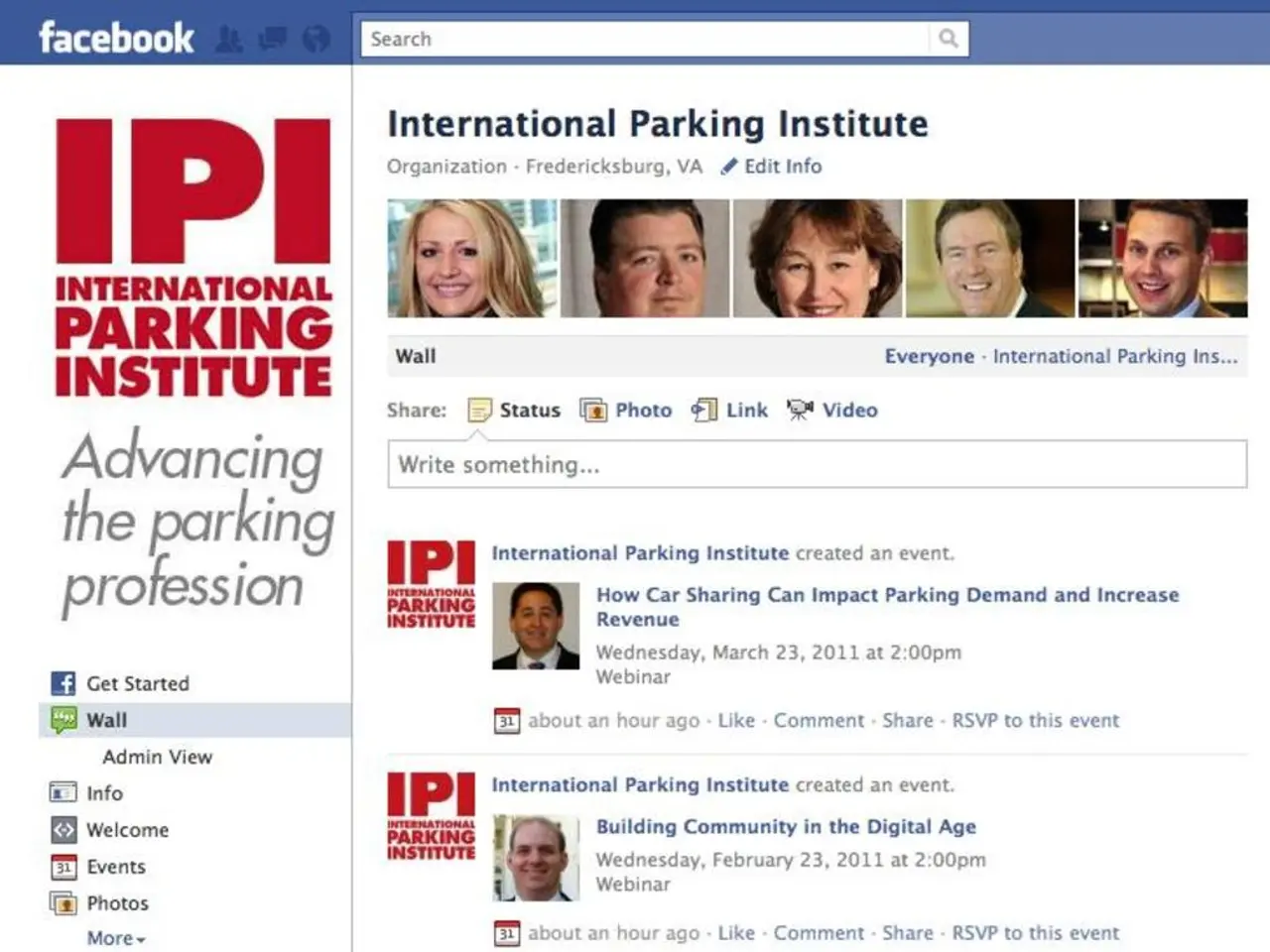Mental Health Services: No Joke Matter
In our society, mental health is often shrouded in stigma, with varying degrees of acceptance. Seeking professional help for mental health issues is often met with shame and rejection, rather than understanding and support. This is a problem that should be addressed with sadness and shame, not glorified as toughness.
Many people hold misconceptions about mental health, believing it to be a "rich man's disease," with the assumption that middle-class and lower-class individuals never experience depression because they have "real problems in life." However, mental health issues affect people from all walks of life, not just the wealthy.
The lack of access to mental health care is not a sign of toughness, but something to be addressed and improved. Seeking professional help for mental health issues should not be discouraged, but rather made more accessible and affordable. Professional help, whether from a psychiatrist or psychologist, can benefit those struggling with mental health issues.
Unfortunately, the stigma surrounding mental health discussions is perpetuated by influential figures, such as public figures and celebrities. Their experiences are often sensationalized, misrepresented, or scrutinized in ways that reinforce stereotypes and misunderstandings. This can discourage open, empathetic conversations about mental health and create fear around seeking help.
For instance, the media’s exaggerated portrayal of Britney Spears’ mental health difficulties contributed to public misunderstanding and harsh treatment, reinforcing stigma that mental illness is something to be hidden or that sufferers lack willpower. In contrast, when celebrities like Billie Eilish openly share their struggles with depression, they can help normalize mental health issues and encourage others to seek help.
However, the pressures of fame and public scrutiny create additional mental health challenges and anxieties for celebrities. The way racial minority celebrities disclose mental health concerns can have a distinct impact on stigma, with studies suggesting that such disclosures may reduce stigma within minority groups.
The negative impact of stigma perpetuated or complicated by celebrity influence includes increased feelings of isolation among those suffering, reluctance to seek treatment due to fear of judgment or public exposure, and misunderstanding about the nature of mental illness. This can widen the gap between mental health needs and treatment.
It is essential to focus on making professional help more accessible, regardless of financial standing. Checking in with a therapist can benefit everyone, not just people with disorders. Unfortunately, the cost of professional help is not financially feasible for everyone.
The author, personally, has benefited from professional help in managing their mental health disorders. They urge those who are not willing to help to at least keep silent on the topic to avoid making things worse for those suffering in silence.
Ignorant or insensitive comments about mental health issues can worsen the suffering of those who are struggling in silence. Some celebrities have made insensitive comments about mental health issues, such as calling them "a mountain made out of a molehill" or "a made-up issue."
A Malayalam actress suggested that talking to oneself in front of a mirror is an effective alternative to therapy, which is not only unhelpful but also harmful. Such comments perpetuate the stigma surrounding mental health and discourage those who need help from seeking it.
In conclusion, while celebrities can play a positive role by speaking openly about mental health, their influence also risks reinforcing stigma when their struggles are sensationalized or misunderstood, thus negatively affecting those seeking help by fostering fear, shame, and misinformation. It is crucial to promote open, empathetic conversations about mental health, challenge stigma, and make professional help more accessible to all.
[1] Corrigan, P. W., Watson, D. L., & Rutz, B. (2004). Reducing stigma associated with mental illness: A meta-analytic review of interventions. Clinical Psychology Review, 24(6), 763-792.
[2] Angermeyer, M. C., & Matschinger, H. (2006). The public stigma of mental illness: A review of the empirical evidence. Social Psychiatry and Psychiatric Epidemiology, 41(10), 749-762.
[3] Angermeyer, M. C., & Matschinger, H. (2016). The public stigma of mental illness: A review of the empirical evidence. Social Psychiatry and Psychiatric Epidemiology, 51(2), 133-146.
- The stigma surrounding mental health, exacerbated by influential figures' sensationalized portrayals, can lead to increased feelings of isolation, reluctance to seek treatment, and misunderstanding about the nature of mental illness. (Referenced from the text)
- Science, particularly in clinical psychology, has shown the beneficial impact of professional help in managing mental health issues, and it is crucial to make this help more accessible to individuals from all socioeconomic backgrounds. (Inferred from the text)
- Ignorant or insensitive comments about mental health can worsen the suffering of those who are struggling silently and should be avoided, while open, empathetic conversations about mental health should be promoted to challenge stigma. (Referenced from the text and the concluding statement)




